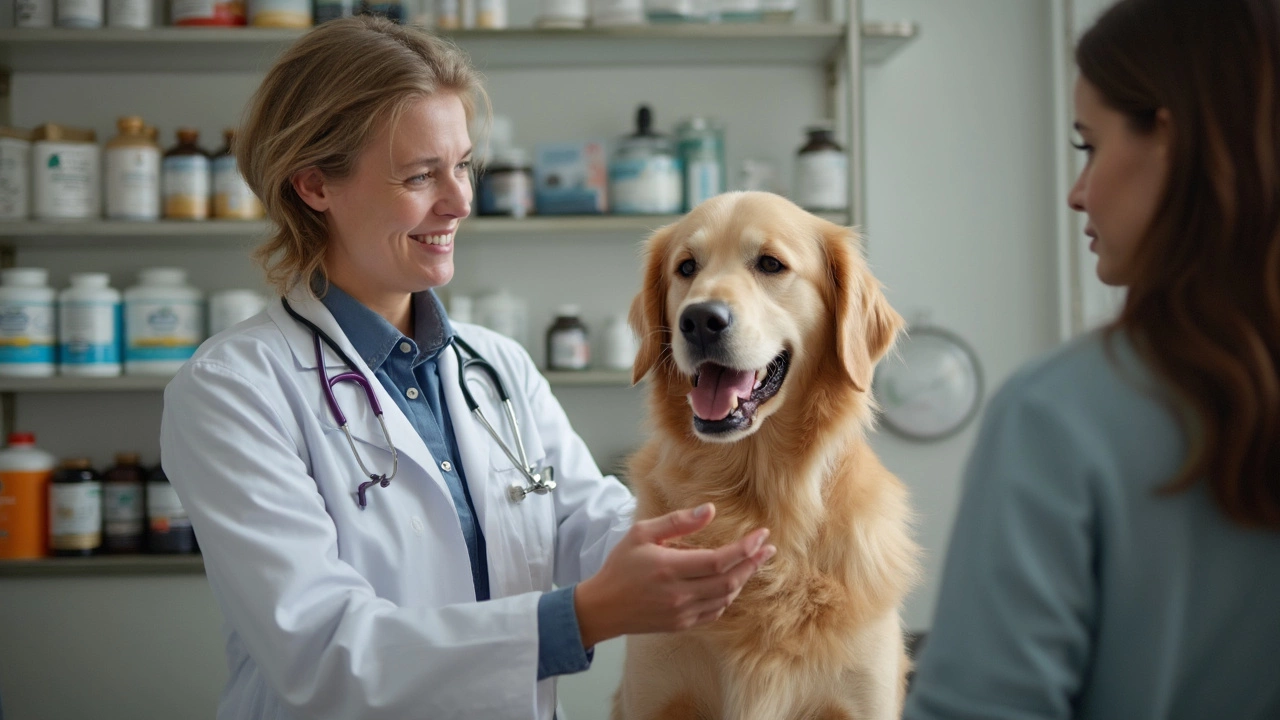Vet Recommended Tips Every Pet Owner Should Know
When a vet says a product or practice is "recommended," it usually means they’ve seen it work in real life. That’s why we’ve pulled together the most useful advice straight from vets. Below you’ll get clear guidance on food, safety and routine care that you can start using today.
What Vets Look For in Pet Food
Vets don’t just read the label – they check the ingredient list, the source of protein and the balance of nutrients. For dogs, they favor formulas with real meat, limited fillers and no mystery additives. That’s why many vets warn about brands like Blue Buffalo or Beneful, which have been flagged for low‑quality ingredients.
Cat owners get the same rule of thumb: look for real animal protein as the first ingredient and avoid excessive carbs. Dry cat food often hides cheap fillers, so vets suggest rotating with wet food or limiting dry kibble to a small portion. If you see words like "by‑product" or "animal digest" on the label, it’s best to skip that bag.
Portion size matters too. Feeding your dog too late at night can disrupt digestion and sleep, while feeding cats all day long can cause obesity. Vets usually recommend two to three meals for dogs and free‑feeding dry food for cats only if the kibble is low‑calorie and you monitor weight.
Everyday Tips Vets Swear By
Beyond food, vets have a few simple habits that keep pets healthy. Regular dental checks prevent gum disease – a quick toothbrush swipe or dental chew each week can make a big difference. Keep an eye on your pet’s weight; a quick pinch of the ribs should feel soft, not bony.
Travel anxiety is real. If you’re flying with a dog, book a pet‑friendly airline early, use a properly sized carrier and get a calm‑down spray if your vet approves it. For road trips, stop every 2‑3 hours to let the dog stretch and drink water.
Sleep safety matters too. Most vets say it’s fine for dogs to wear a collar 24/7 as long as it’s the right size – you should be able to fit two fingers under it. However, never leave a bright night‑light on if your dog prefers darkness; many dogs feel calmer in a dim room.
Finally, keep your vet’s contact info handy and schedule annual check‑ups. Even if your pet seems fine, a quick blood test can catch hidden issues early. With these vet‑approved habits, you’ll feel more confident about your pet’s daily routine.
Remember, the best advice comes from a vet who knows your pet’s history. Use these tips as a starting point, then talk to your own vet about specific products or routines that fit your dog or cat’s needs.
Posted By Bryndle Redding On 17 May 2025 Comments (0)
Do Vets Recommend Supplements? Dog Health Tips You Need to Know
Discover whether veterinarians really recommend supplements for dogs or if it's all hype. This article breaks down what vets look for, common misconceptions, and which supplements are actually worth it. You'll learn how to tell the difference between what your dog really needs and what's just clever marketing. Get practical vet-backed tips on choosing safe supplements. Make informed choices for your dog's health with real-world advice.
READ MORE